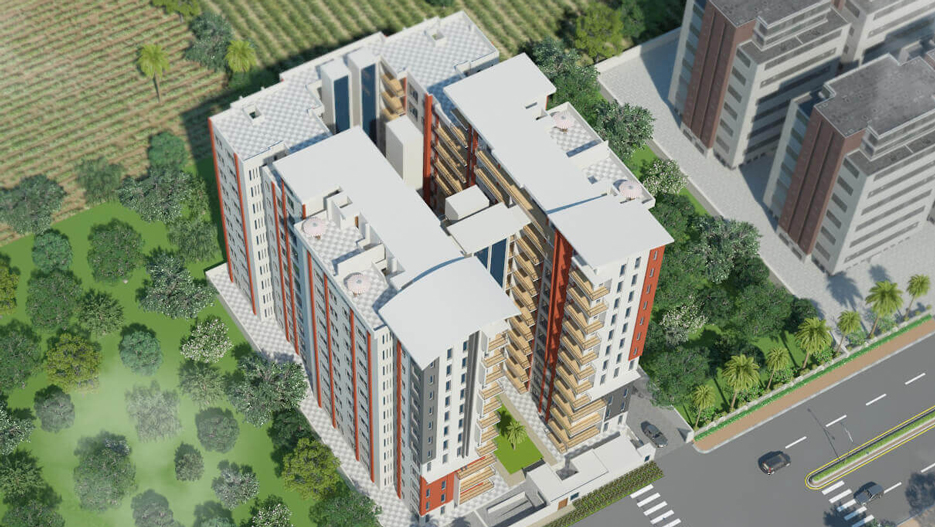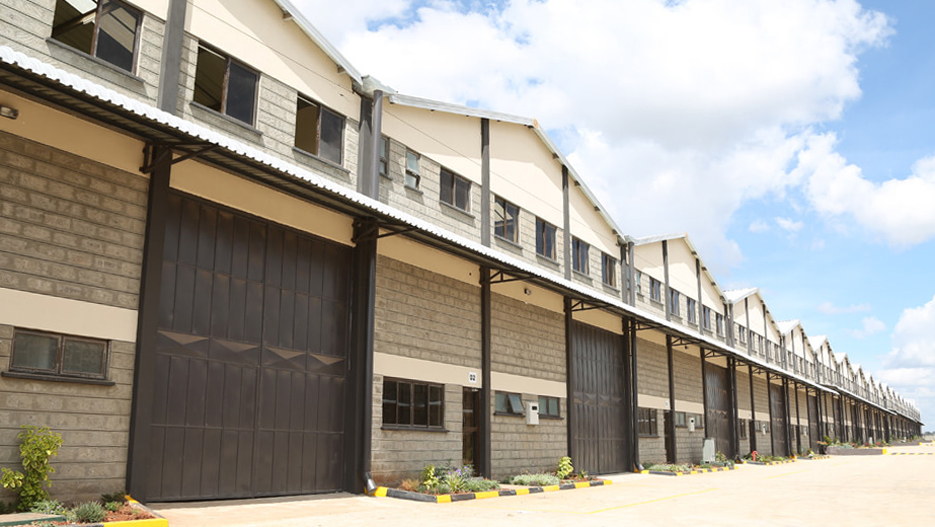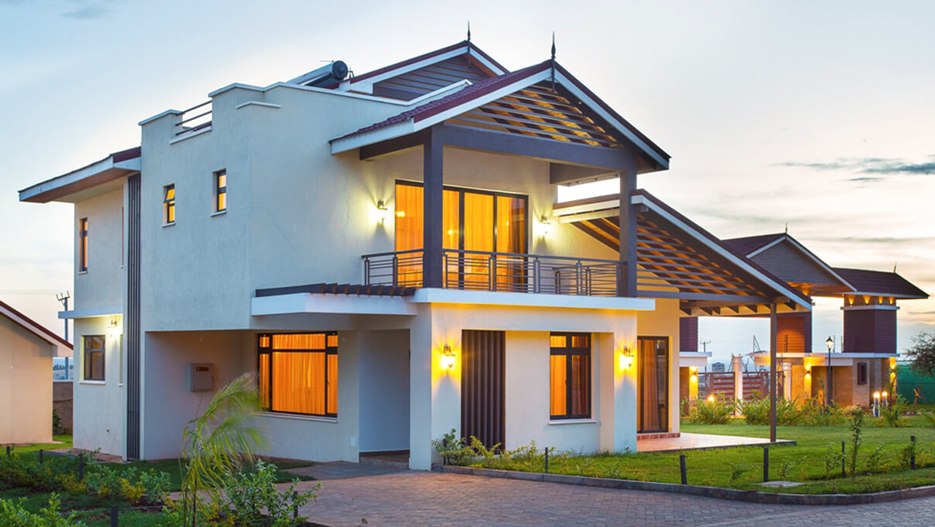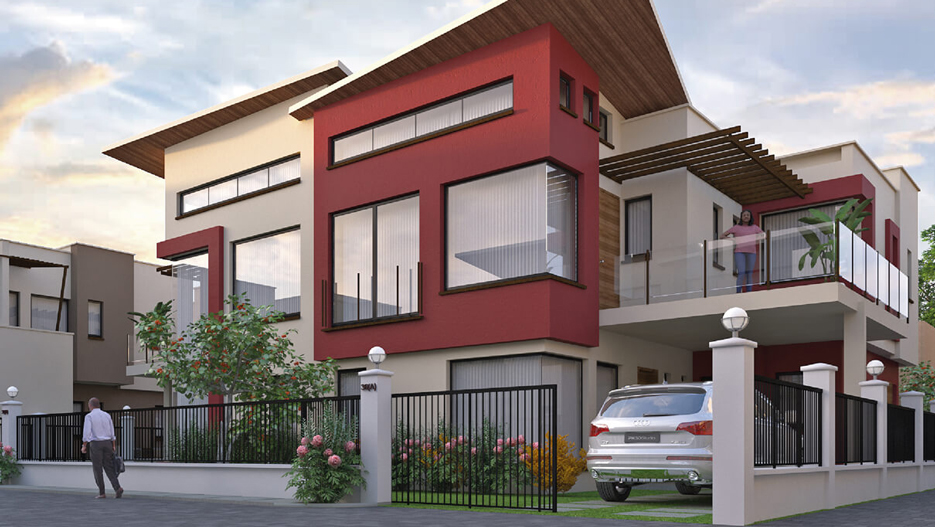Purple Dot International: Real Estate Development in the Residential and Industrial Markets in Kenya
Jiten Kerai shares his assessment of the real estate sector in Kenya and presents some of the projects Purple Dot is currently working on, in both residential and industrial markets. He also talks about success stories, challenges to be faced, and shares his vision for the future of the company to become the best, sustainable real estate developer in Kenya.
Interview with Jiten Kerai, General Manager of Purple Dot International
What is your assessment of the real estate sector in Kenya? What are the latest changes in the market? Is the sector competitive?
One of the agendas on the Big Four Agenda is the government’s focus on affordable housing. Given the incentives, most developers in the country are now targeting low-priced, affordable housing schemes. The average, rising middle income population in the suburbs, who are trying to buy their first home, cannot afford them yet. Their monthly income is around 30,000 to 40,000 Kenya shillings but the developers are selling houses at lowest prices upwards of 4 to 5 million. Their annual earning is about 5,000 USD which is not enough for them to buy a home in that affordable housing scheme, without taking on a long term mortgage facility. So there seems to be a gap in the actual supply and what people are willing to pay. As Purple Dot, we remain focused on developing housing with the mid and upper level middle income population or LSM2 upwards in mind. At this cost, the right buyer cannot only afford, but is willing to buy a quality home. Overall, the residential market is highly competitive, saturated in some cases but looks hopeful even with the affordable housing scheme being challenging.
What projects are you working on? How are they different from your competitors?
We have a 66-townhouse project in Langata behind Wilson Airport. It should be completed by the end of January next year. When we first put it on the market, we were sold out in just under three days.
What we see is that a lot of developers start selling a project off plan and they look for the buyers first to kick off the project. When the project start date comes around, they do not have enough funds to start. In our case, we come up with a feasible project and we put it in the market while simultaneously looking for investors. If we are building an apartment building with 60 units, we will give 30 of those to investors that are standing by. The investor will get a different price from the market buyers. Now, when people see that the project is kicking off and the development is ongoing, then the buyer will take an strong, positive interest. They feel assured that the project will be completed at a certain time. The timeframe is also important. If you tell a buyer that the project is going to be completed in 18 months and you delay for 6 to 7 months, buyers will lose hope in the project. Not to forget the financial impact on the buyer who may have taken on a loan. This year alone, many projects have halted because the buyers are not getting assurances from the developers that the project will actually be completed.
Is there a penalty for not completing a project on time?
If as a developer you do not complete the project on time, the money that was put into the project will not be recoverable and the buyers will lose their home. Subsequently, they may also default on their loans. In the future, the buyers might not trust the developer or the projects anymore. The buyer is now losing money and a court case may ensue. The government has been responsive and are looking to stipulate project timelines, penalties and the like.
What are some of your current residential projects?
We have Elina Apartments going up in Kileleshwa which we started in August. We are currently working on the first floor. We have already sold 30 of total 60 apartments. We hope to completely sell out by mid next year.

What amenities do you offer?
We have carefully assessed the needs and lifestyle of the residents in the area and done our utmost to meet the cost, lifestyle requirements. There are a few developers near us in the area where we are constructing on Mandera Road. We have approximately 0.8 acres of land for 60 apartments. Other developers have put up 80 apartments on the same plot size. So, we have made the apartments relatively spacious, contemporary. We do not have a pool, but we have everyday amenities for working men, women and families like the gym, a community hall and of course ample parking. This is important because we see that majority of places where more amenities are given, a membership is required which then forces residents to look for a club to join outside the development.
What industrial projects are you working on?
We are also working on industrial warehouses in Athi River. This is our sixth warehouse project. Having completed about 160 warehouses since 2011, we plan to complete another 220 warehouses in the next two years in the same area.

Why do you have your warehouses there?
In Nairobi, there are industrial areas with many warehouses. It is also congested with constant ongoing road infrastructure changes. So there is no more room for more industries to come in. We saw a shift where people have started moving to Athi River over the past few years. You can see more and more Chinese warehouses as well as malls for the dwellers there. Our previous warehouses are 80% occupied for light industrial use. We have investors from China, Dubai, Uganda, and still others from Australia, India. The main benefit being the infrastructure. There is a proper road network to the warehouses, electricity, and the county is also very aggressive in attracting industries to set up there.
What other projects are you working on?
We have a 66-townhouse project in Langata behind Wilson Airport. It should be completed by the end of January next year. When we first put it on the market, we were sold out in just under three days. The area there is also close to the National Park which has definitely helped us to sell the project.

What would you say to international investors that may be interested in investing in the real estate sector in Kenya? Why should they choose Kenya instead of somewhere else in East Africa?
Investors will see much more stronger and more stable returns in Kenya. We see this in the warehouses specifically. In that project, we built a business model around the team which will give the investors the benefit of a lower price. Once the warehouse is ready, they will get a 20% to 25% return for that warehouse. If the investors go to developers selling ready warehouses to them, it will cost 10% more than the actual cost of the warehouse. Kenya happens to be the most dynamic economy in the region across all sectors in general.
What are some of your success stories?
We did our first project in 2011, when our team surveyed the land and determined it was the right place to build the warehouses. The area was good for storage and industrial purposes. When they started constructing the warehouses, the cost at that time was 16 to 17 million. If you were to sell now, the price would be 35 million. The appreciation over six years is quite good. The warehouses we are constructing right now in Athi River cost 19 million to put up, but once completed, the price will immediately shoot to 24 to 25 million. Other developers in that area are selling 8,000 ft² warehouses for about 30 million. This is a success because of the benefit that our investors get as well.

What are the main challenges you face?
The main challenge is money circulation. Both buyers and developers are borrowing from the bank to put into the same project. If money is not circulating, developers cannot complete the project and buyers cannot get their asset. If developers are not starting projects, buyers cannot pay so it’s cyclical.
Are you looking to attract partners?
At this time, we are not looking for financial partners. For the projects we are doing, we have our own partner banks that support us. We have a team helping us to sell and around 215 investors helping us to grow. We are all growing together in this way.
What is your international reach?
In the future, we are planning to grow in the region. We also plan to diversify into Kampala.
Project yourself to the medium term, two to three years’ time. What is your vision for the company?
We want to become the best, sustainable real estate developer in Kenya. We want to be a developer that people can trust. The projects we put into the market should be affordable and unique and the buyers should also truly benefit from our projects.
FAIR USE POLICY
This material (including media content) may not be published, broadcasted, rewritten, or redistributed. However, linking directly to the page (including the source, i.e. Marcopolis.net) is permitted and encouraged.